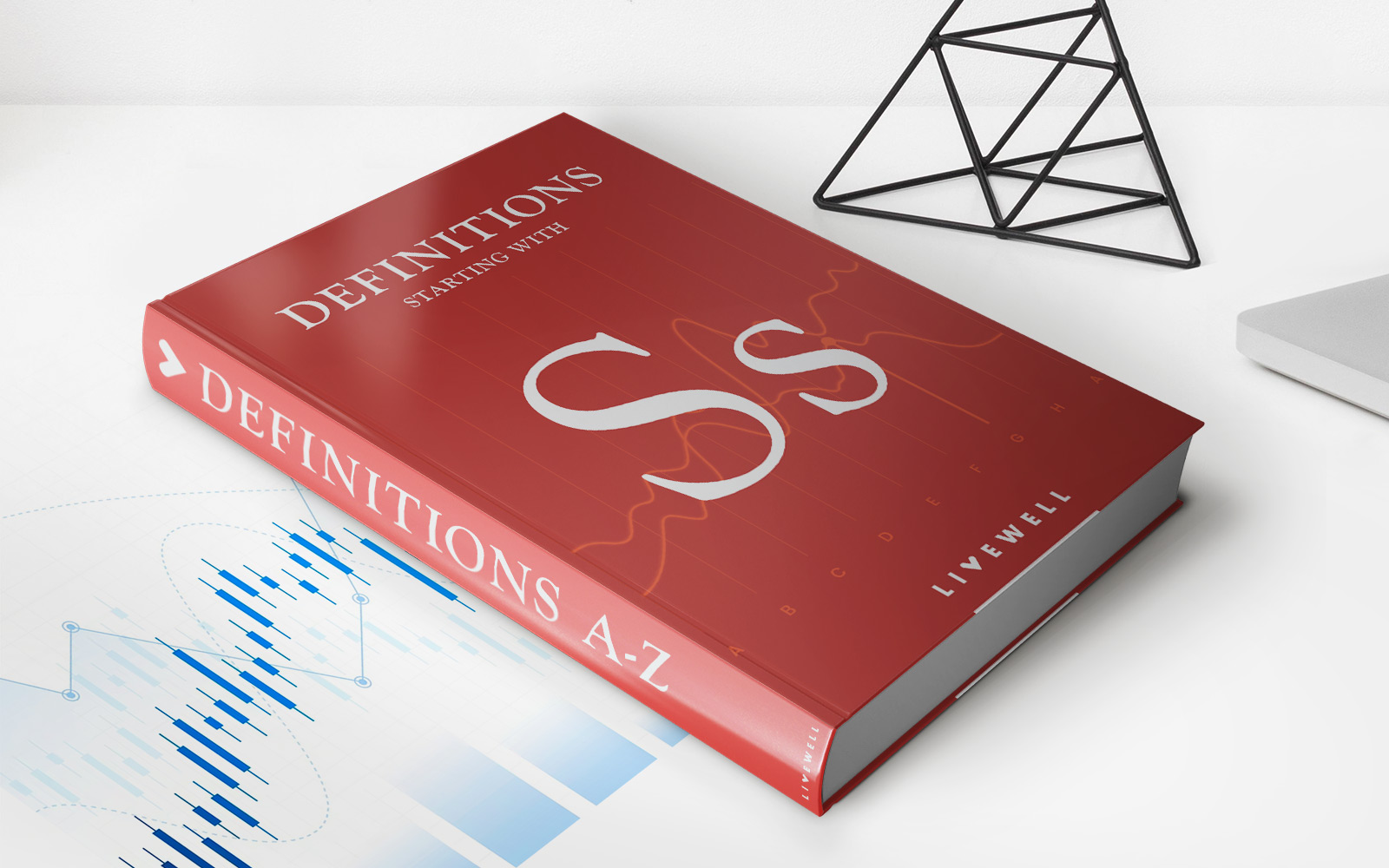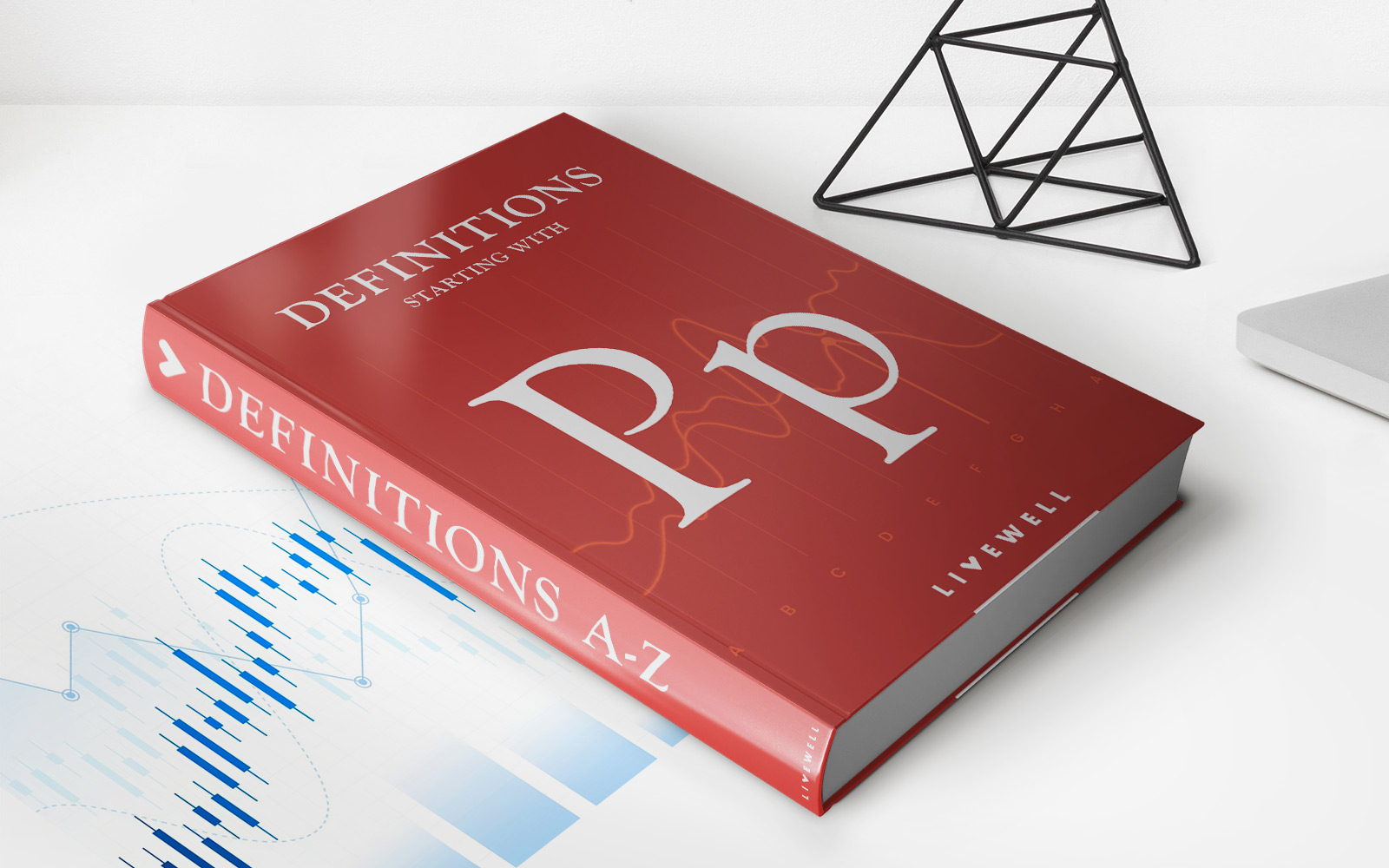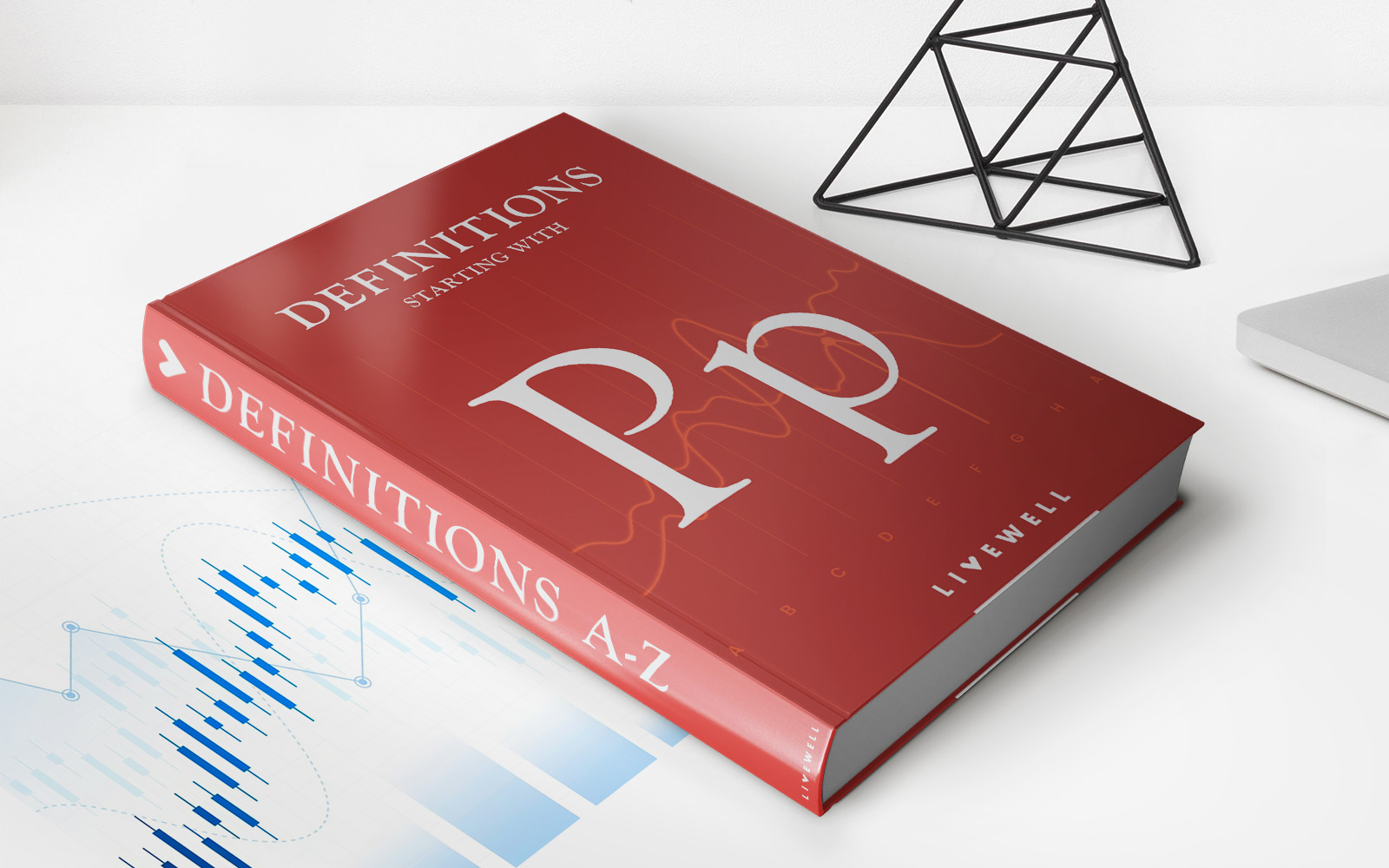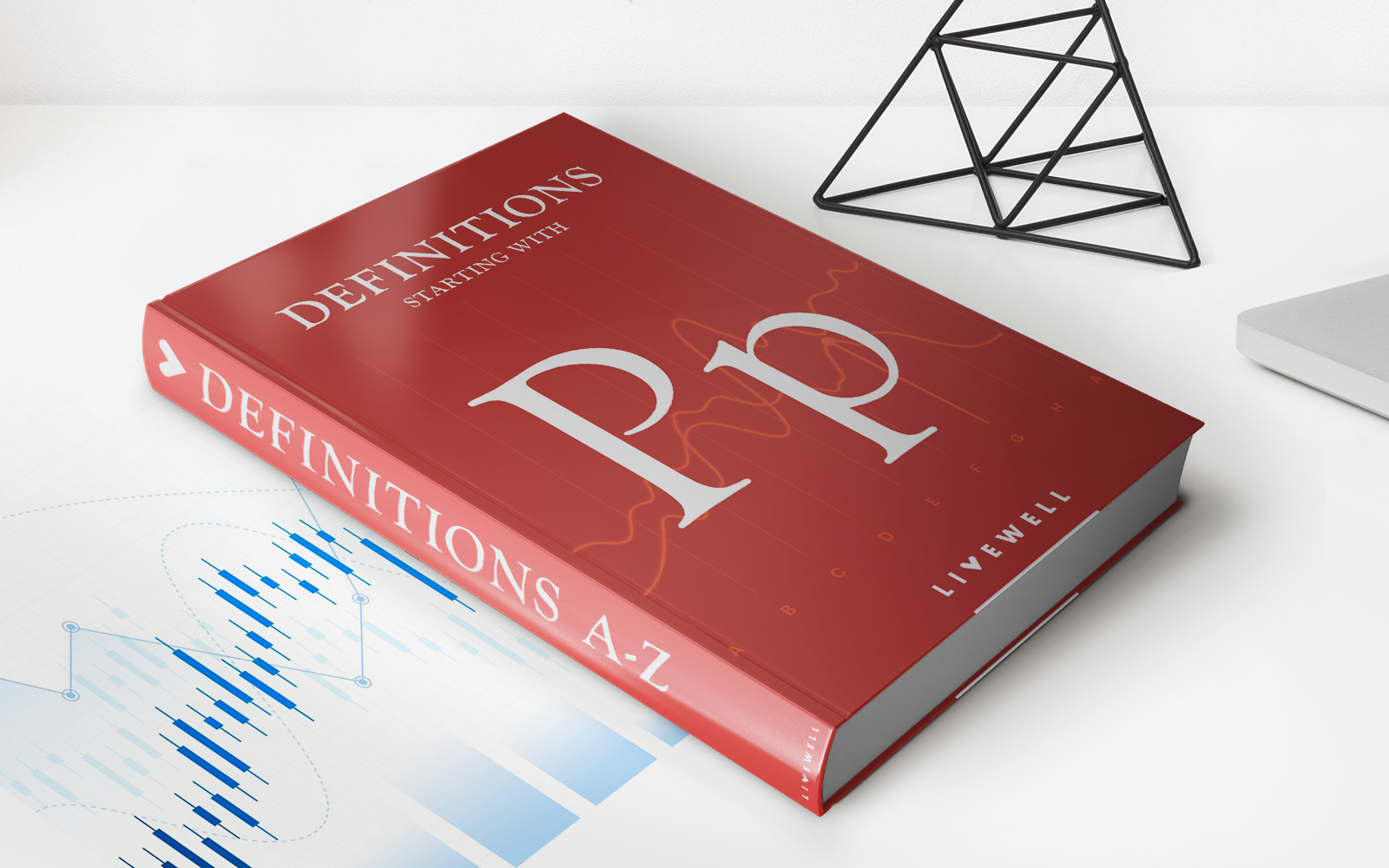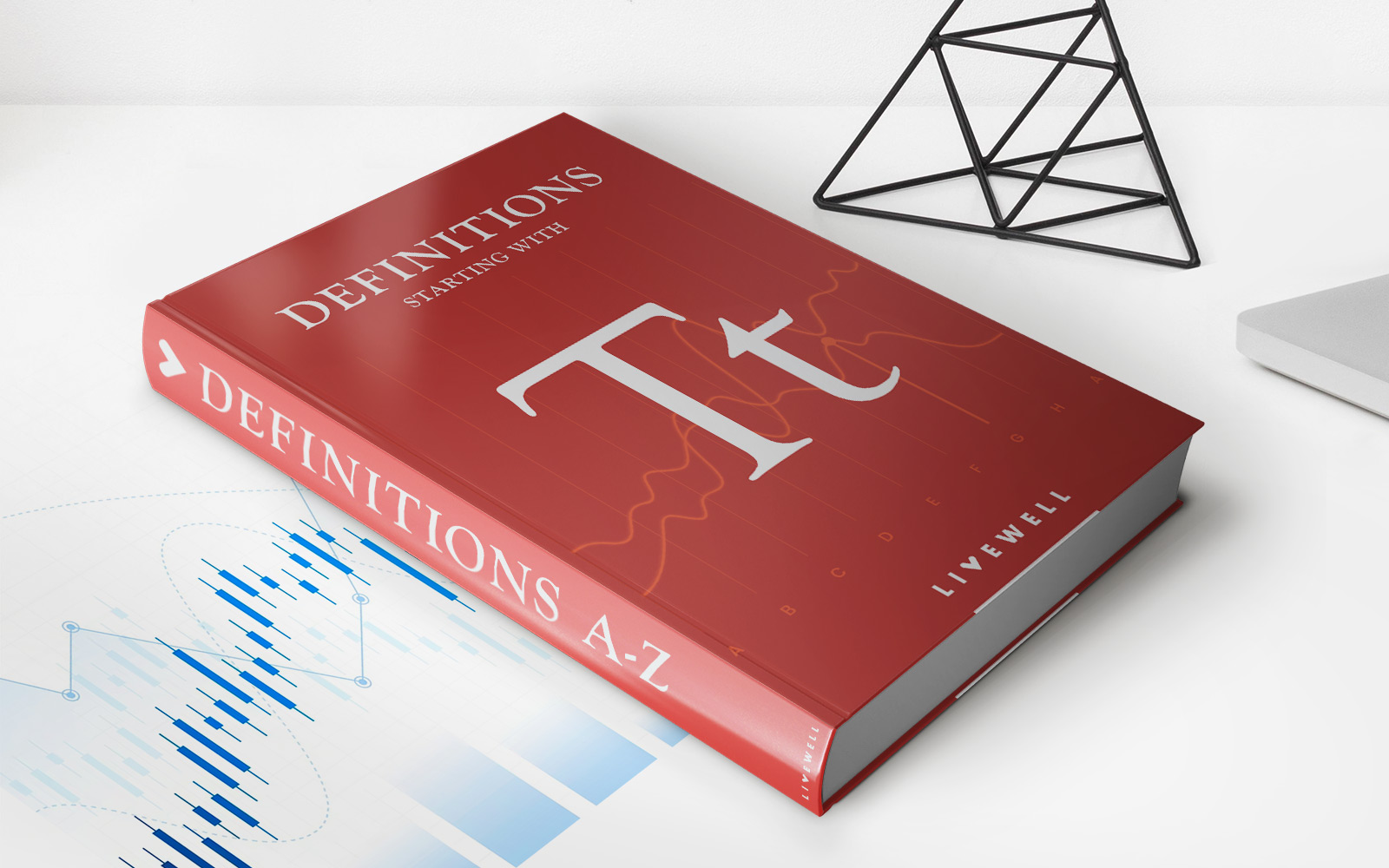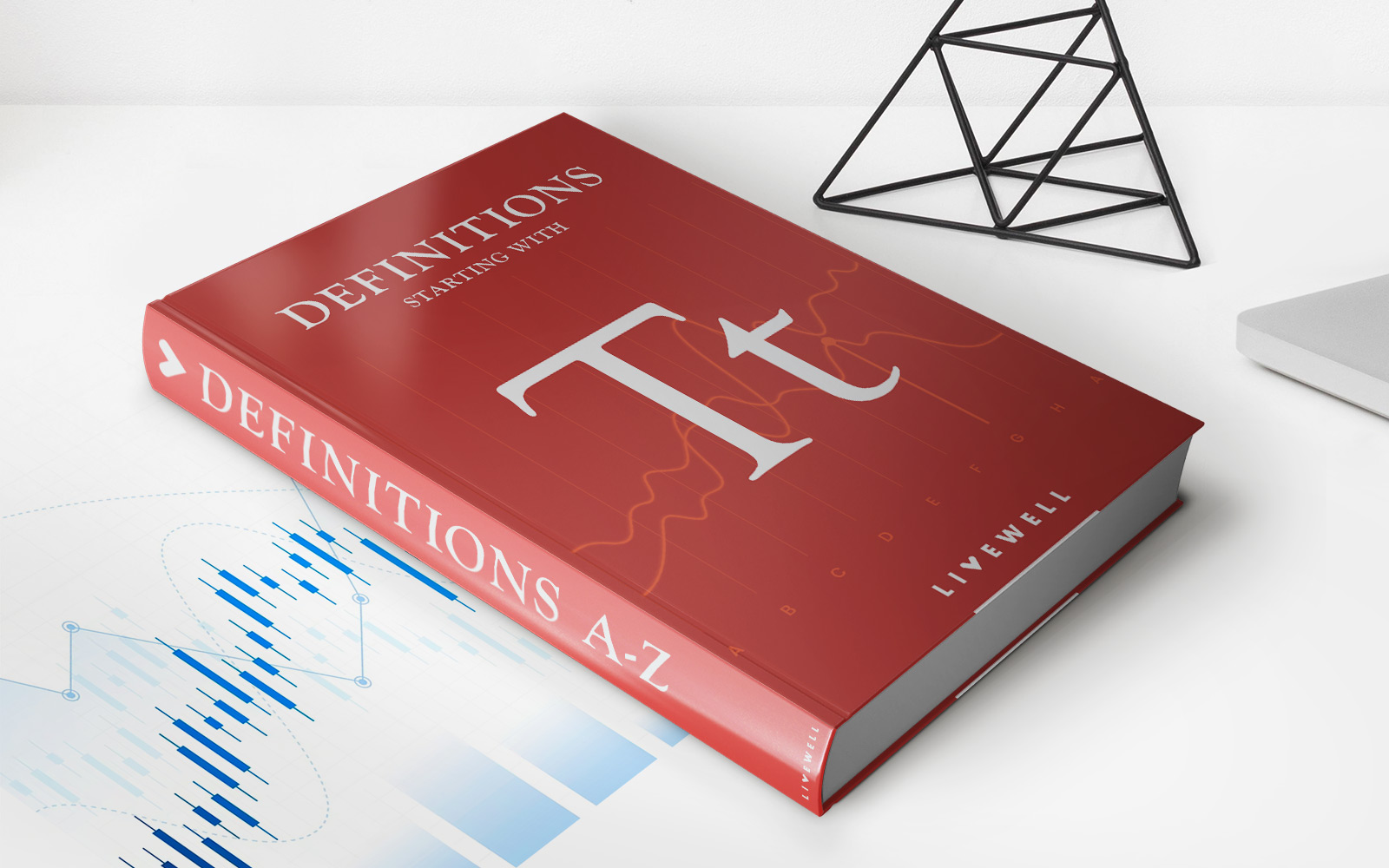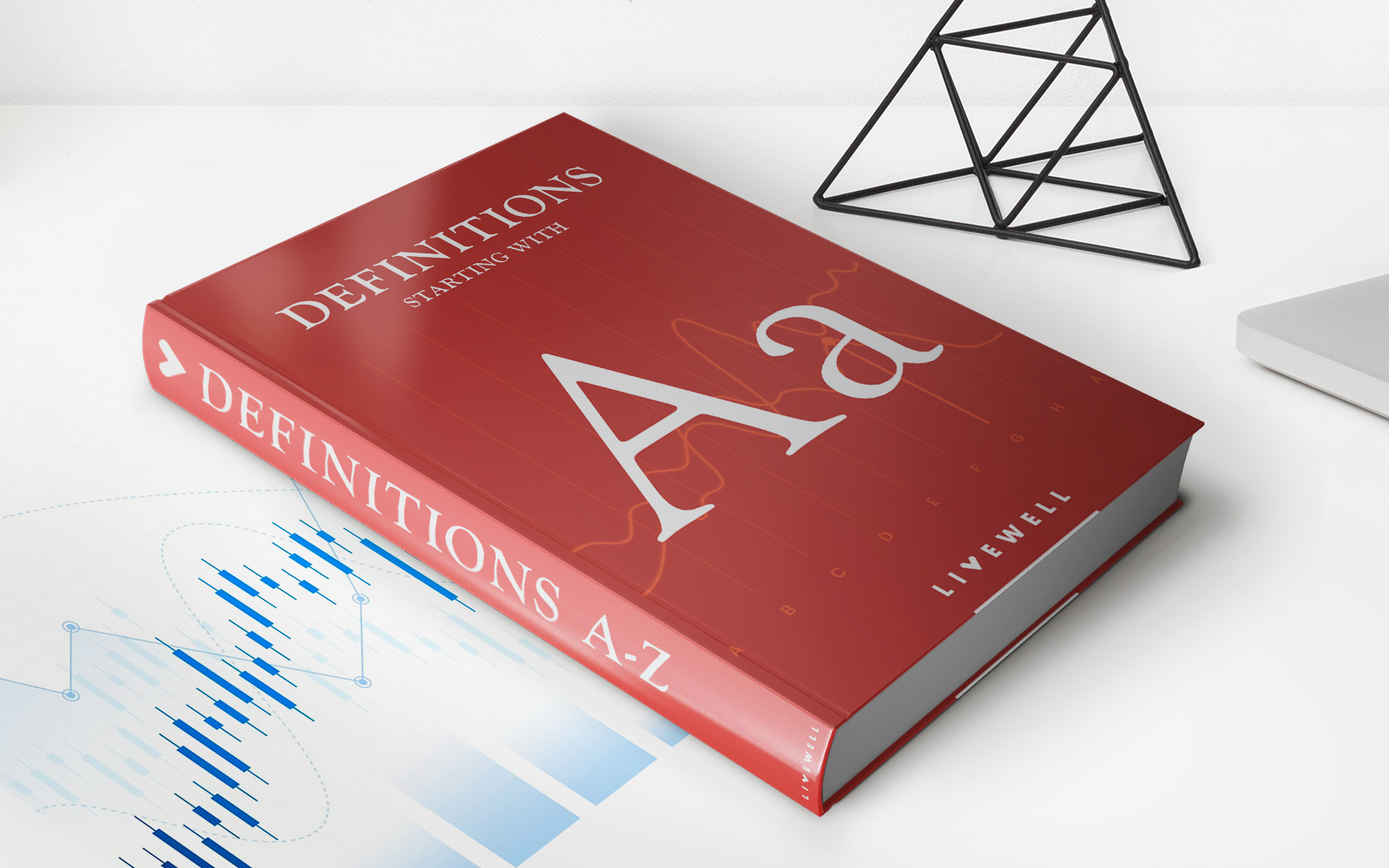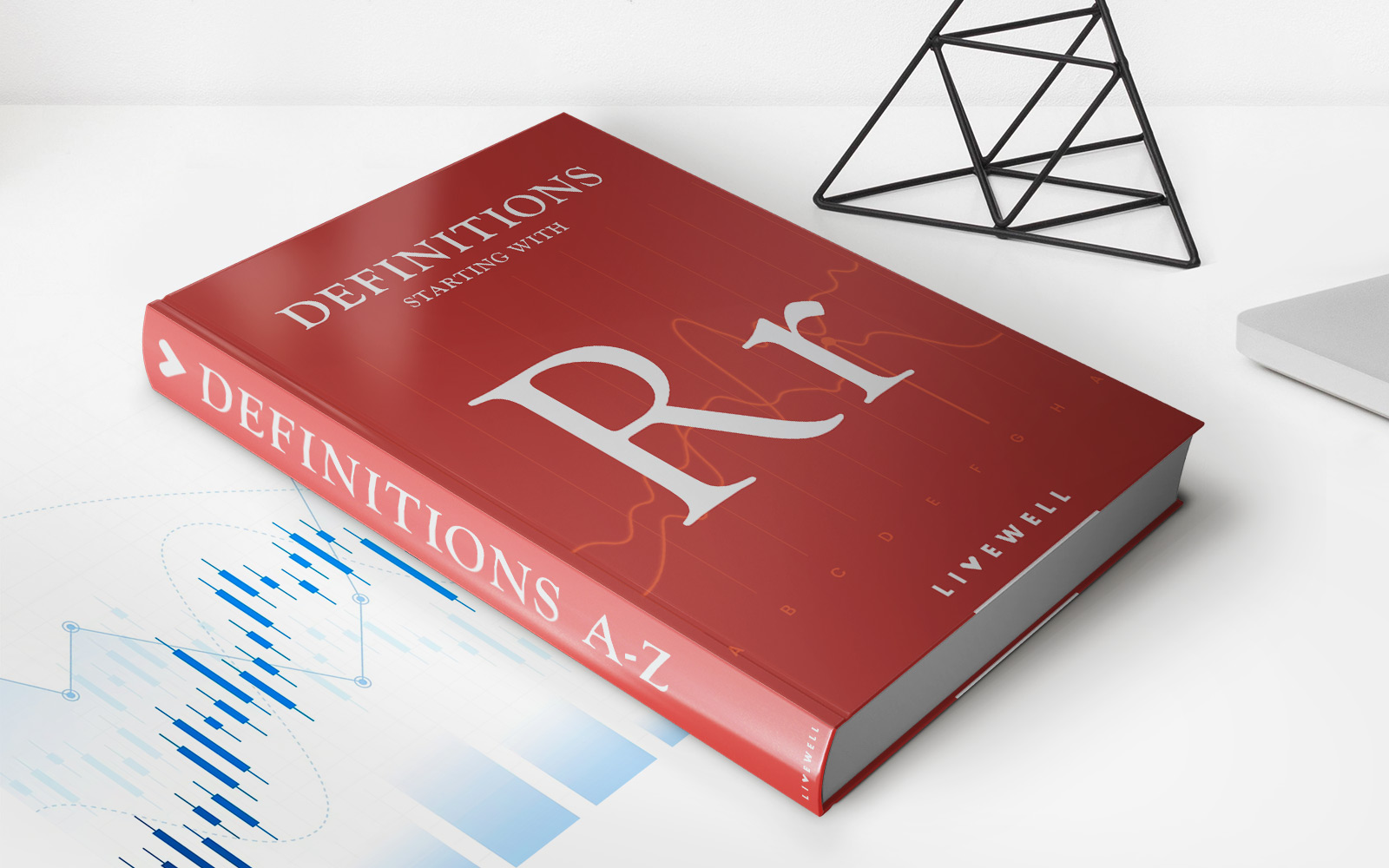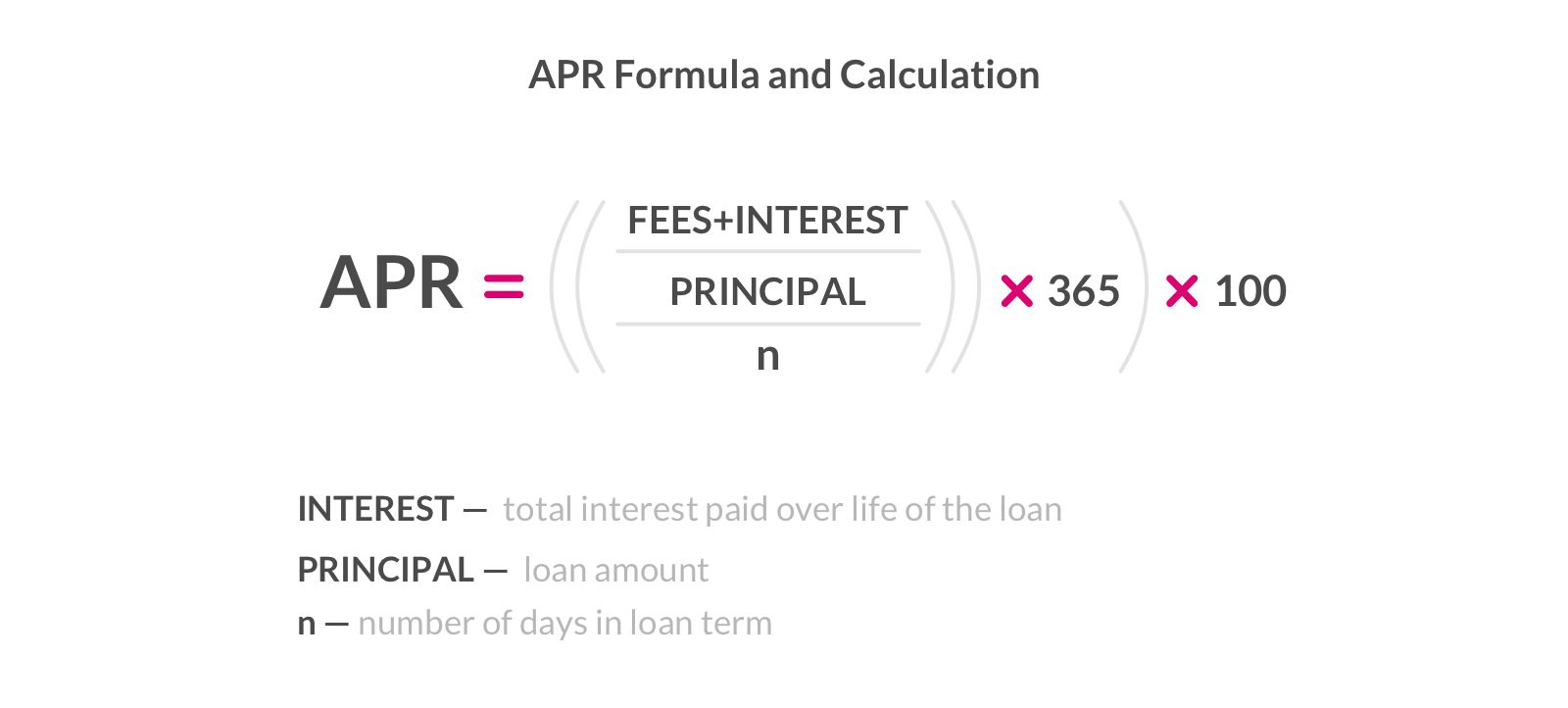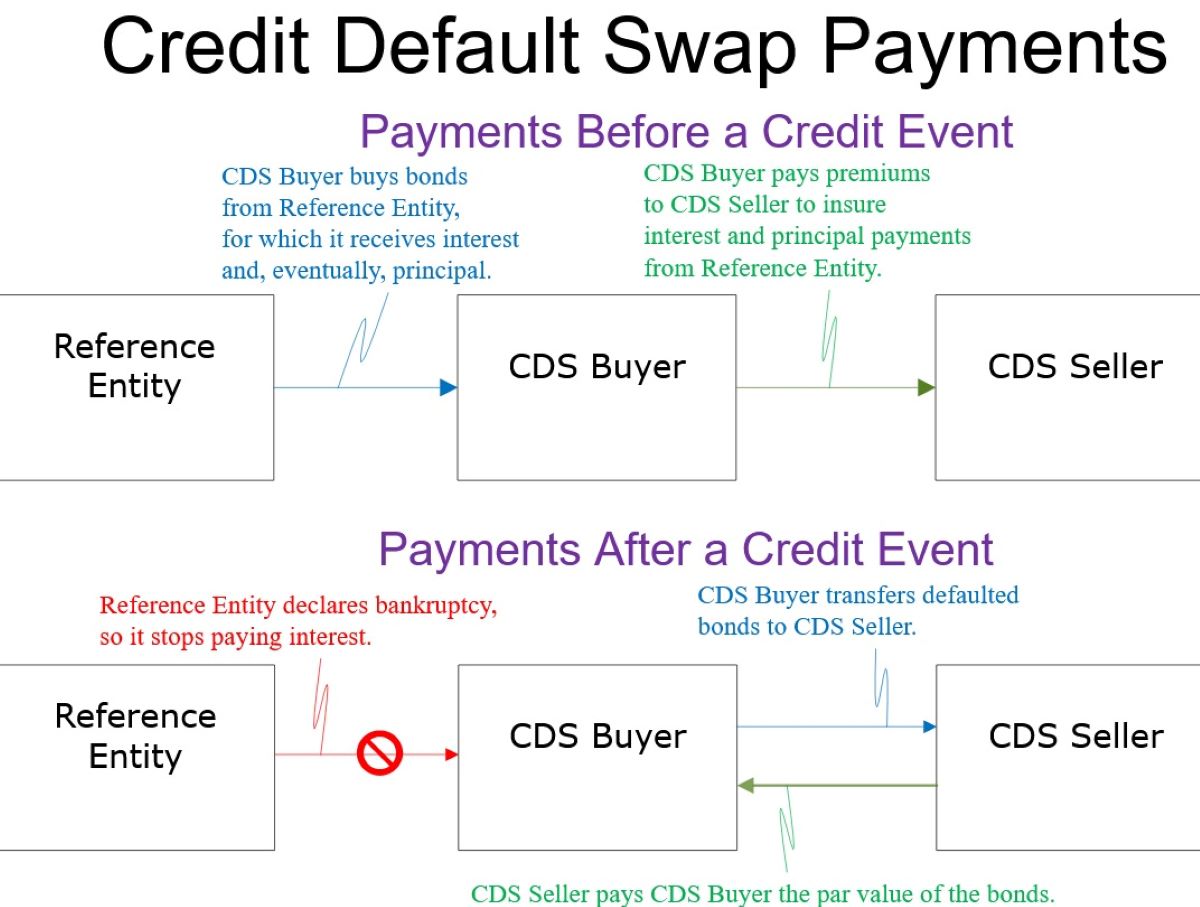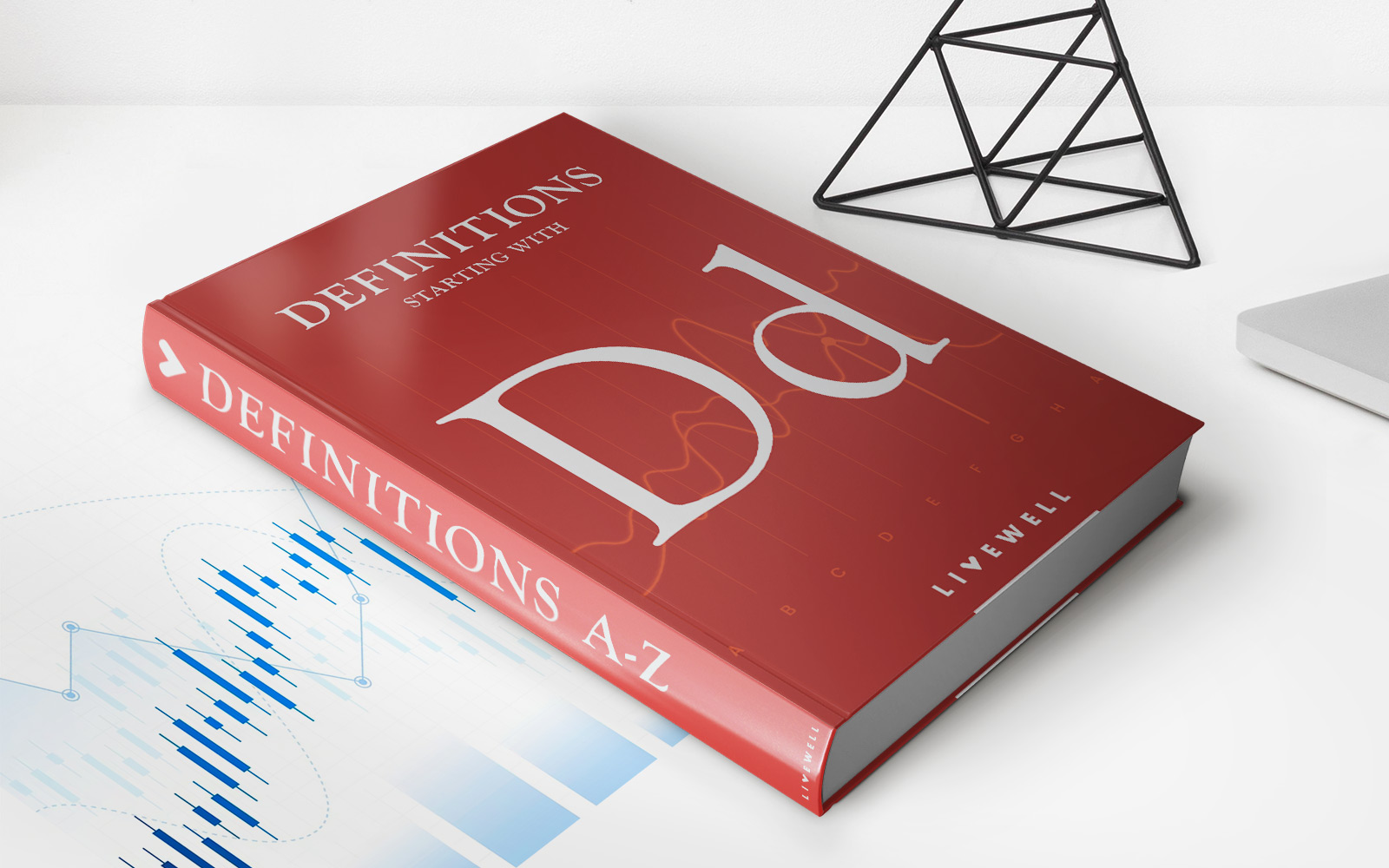Home>Finance>Domicile: Legal Definition, Types, And How Taxation Works
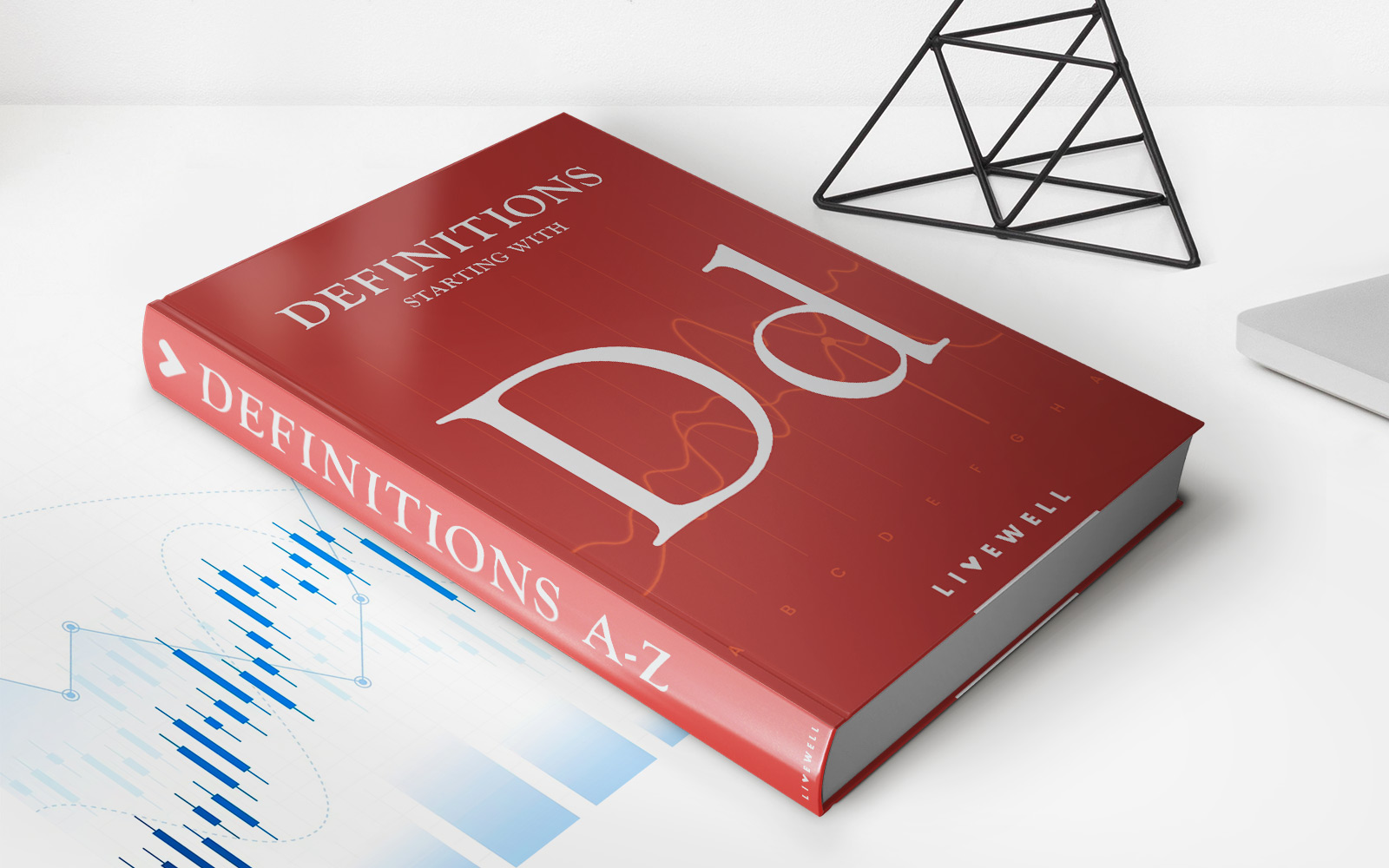

Finance
Domicile: Legal Definition, Types, And How Taxation Works
Published: November 13, 2023
Learn about the legal definition and different types of domicile in finance and understand how taxation works in relation to it.
(Many of the links in this article redirect to a specific reviewed product. Your purchase of these products through affiliate links helps to generate commission for LiveWell, at no extra cost. Learn more)
Domicile: Legal Definition, Types, and How Taxation Works
Finance is a vast field that encompasses various aspects of managing money and assets. One crucial element in financial planning and taxation is domicile. Domicile refers to the legal concept that determines an individual’s permanent home, which has significant implications for tax purposes. If you are interested in understanding the ins and outs of domicile, then this blog post is for you.
Key Takeaways:
- Domicile is the legal concept that determines an individual’s permanent home for tax purposes.
- There are three types of domicile: domicile of origin, domicile of choice, and domicile of dependency.
Understanding Domicile
So, what exactly is domicile? Domicile represents an individual’s permanent home, the place where they have the most substantial connections and intentions to reside. It determines their legal rights, taxation liabilities, and more. Let’s dive deeper into the different types of domicile:
1. Domicile of Origin
When you are born, you acquire a domicile of origin, which is typically determined by your father’s domicile at the time of your birth. This domicile remains until you actively change it. Determining your domicile of origin can influence your tax obligations, legal rights, and even inheritance laws.
2. Domicile of Choice
You can change your domicile by establishing a domicile of choice. This usually involves demonstrating that you have left your previous domicile with no intention of returning and that you have settled in a new location with the intent of making it your permanent home. Establishing a domicile of choice can be complex and requires evidence of a genuine change in residence.
3. Domicile of Dependency
A domicile of dependency is acquired when an individual, who is unable to form their own domicile, is dependent on another person’s domicile. For example, minors or mentally incapacitated individuals may acquire the domicile of their legal guardian or caretaker.
How Domicile Affects Taxation
Understanding how domicile affects taxation is crucial for financial planning. Your domicile status can impact your tax residency and determine the taxes you are liable to pay. In general, taxes are typically paid to the domicile’s country or state:
- Resident Taxation: If you are a resident of a specific country or state, you are typically subject to taxation on your worldwide income in that jurisdiction.
- Non-Resident Taxation: If you are not a resident of a particular country or state, you may be subject to taxation only on income earned within that jurisdiction.
It’s important to consult with tax professionals to understand the specific rules and regulations related to domicile and taxation in your country or state.
In Conclusion
Domicile is a crucial legal concept that affects various aspects of an individual’s life, including tax obligations and legal rights. Understanding the different types of domicile – domicile of origin, domicile of choice, and domicile of dependency – can help you navigate the complexities of tax planning and financial management. Remember to seek professional advice to ensure compliance with the relevant tax laws and regulations in your jurisdiction.
Do you have any questions or thoughts about domicile and its implications? Feel free to share them in the comments section below.
